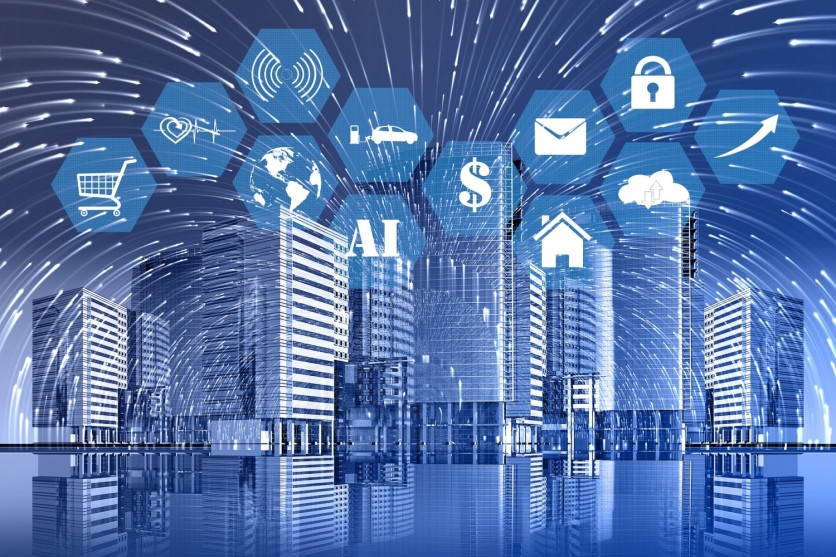Artificial intelligence (AI) is now here. It has been in the works and continues to take ground in various sectors of society for many years.
However, the discussions about AI's impact on the job market have never been more pronounced, with the rise of OpenAI's viral chatbot ChatGPT that sparked an AI race among tech giants.
Many are now concerned that AI could eventually replace human workers. This technological progress has brought both excitement and apprehension among workers across various industries.
While the capabilities of AI are impressive, there is a growing worry about its potential to outperform traditional human roles. However, amid these concerns, there is also a glimmer of hope.
Some see the integration of AI not as a threat but as an opportunity for a collaborative partnership between humans and machines. This new phase in the world of work has the potential to redefine job roles, allowing humans to focus on tasks that require creativity, empathy, and complex decision-making.
Like any rapidly evolving technology, AI is a double-edged sword. Countries worldwide are grappling with maximizing this tech's benefits and minimizing its risks by introducing various legislations. But the million-dollar question is, should you be concerned about AI taking up your jobs?

What Jobs Will Likely Be Replaced By AI?
According to Unmudl, here are the 10 jobs that AI could be replacing soon.
Data Entry Clerk
With the capacity to swiftly process and analyze immense data sets, AI technology is gradually reducing the necessity for manual data entry. Automation and machine learning capabilities have the potential to significantly alter the landscape of data-related tasks.
Telemarketer
Language modeling AI tools are beginning to play a substantial role in customer interactions. AI-powered chatbots and virtual assistants are becoming adept at handling queries and engagements, potentially diminishing the demand for human telemarketers.
Factory Worker
Automation and robotics are making huge headway in the manufacturing sector, gradually diminishing the reliance on human manual labor.
Cashier
As self-checkout systems and mobile payment services gain popularity, they are reshaping the traditional role of cashiers.
Driver
The emergence of autonomous vehicles could transform the transportation industry, potentially replacing human drivers.
Travel Agent
Online platforms and AI algorithms now possess the capability to provide tailored trip planning and booking services, potentially reducing the demand for human travel agents.
Bank Teller
The proliferation of online banking and mobile payment solutions has automated numerous conventional bank teller responsibilities. AI-powered tools are now handling routine tasks.
Accountant
Although AI can automate specific accounting tasks, accountants can harness these tools to augment their capabilities and productivity.
Customer Support Representative
AI-driven chatbots are becoming increasingly proficient in managing routine customer inquiries. It enables human support representatives to concentrate on more complex and empathetic interactions.
Paralegal
AI-powered tools for legal research are streamlining the process of collecting information and conducting legal analysis. These potential shifts in occupational roles highlight the evolving relationship between humans and technology.
While AI may automate certain tasks, it also presents opportunities for professionals to leverage these tools to enhance their capabilities and productivity in various fields. The future of work is expected to involve a synergy between human expertise and AI-powered technology.

ⓒ 2025 TECHTIMES.com All rights reserved. Do not reproduce without permission.




